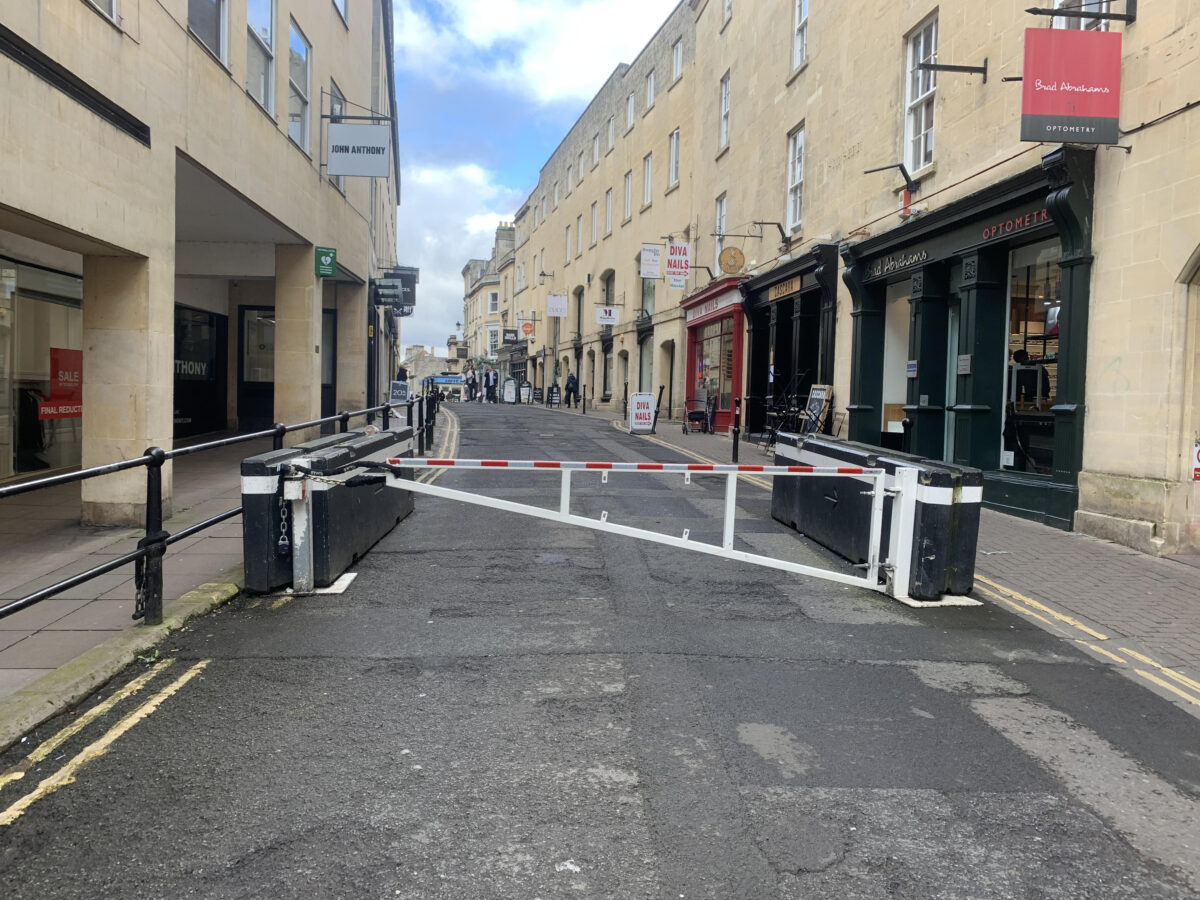


A scheme that blocks or limits traffic in town centers has been kept out of the latest round of UK central government funding for walking or cycling routes, the Department for Transport (DfT) has said.
The department announced the winners of a £200 million package on Friday and said that some 265 schemes would create 120 miles of cycling track and improve the school run for 35,000 children.
The DfT also said low traffic neighbourhood (LTN) schemes were not included in the winning projects, which have “demonstrated they provide people with attractive choices to use cycling and walking for local journeys.”
“Local authorities have worked closely with local people to ensure the schemes benefit the community as a whole,” the department said.
The LTNs use barriers, planters, bollards, road signs, or traffic to stop motor vehicles from entering certain areas at all or some of the times or fine motorists for entry.
The 15-minute-city-style scheme grew from London Mayor Sadiq Khan’s “Mini-Holland” pilots to build Dutch-style cycle infrastructure in outer London boroughs. They sprung up across the country after Westminster began funding them in 2020 as part of its £5 billion package to overhaul bus and cycle links outside London.
The DfT previously said the scheme would help reduce car dependency, and in turn reduce pollution, traffic danger, and congestion and improve health by making people more active.
Critics of the scheme said it merely pushes these issues elsewhere and would damage businesses in the zones.
London mayoral candidate Susan Hall, who vowed to scrap London’s Ultra Low Emission Zone expansion, wrote on Twitter, “Fantastic news, no more money going into [LTNs].”
Theresa Villiers, Conservative MP for Chipping Barnet, told The Telegraph she’s “very pleased to hear the news that there’s a change of approach on LTNs from the government.”
“These very disruptive schemes have damaged the transport network in London. They are toxic for our high streets which are already struggling,” she said.
“Now we’re not going to see central government funding these any longer, we should see what steps we can take to encourage councils to start removing them.”
Leo Murray, director of innovation and engagement at climate charity Possible, said the funding exclusion was a victory for “the clown car cavalcade of puce-faced pensioners, social justice concern trolls, white van men, right wing columnists, [and] conspiracy theorists who have worked so hard to keep every street open to cars cars cars” in a post on Twitter.
Walking and cycling charity Sustrans also slammed the £200 million funding announcement, writing on Twitter that the government was “giving with one hand and taking away with the other” by cutting fundings for active travel over the next two years.
The charity was referring to a statement made in March by Transport Secretary Mark Harper that pledged an additional £100 million investment in active travel over the remainder of the spending period. Sustrans has previously stated that it represents a funding cut by two-thirds.
According to the DfT, the £200 million was awarded to more than 60 areas in England to fund more than 265 schemes that would see 121 miles of new cycle track, 77 miles of new paths and greenways, and initiatives to make streets safer around 130 schools.
The department expects the schemes to increase walking and cycling trips by up to 16 million a year.
Chris Boardman, England’s Active Travel commissioner said the funding will help “improve public health, tackle climate change,” and give children “independence to travel safely” by making it easier to walk or cycle.
He said Active Travel England will work with councils to “ensure the projects are well-designed and effective, so that they bring maximum benefits to communities and help improve lives nationwide.”
